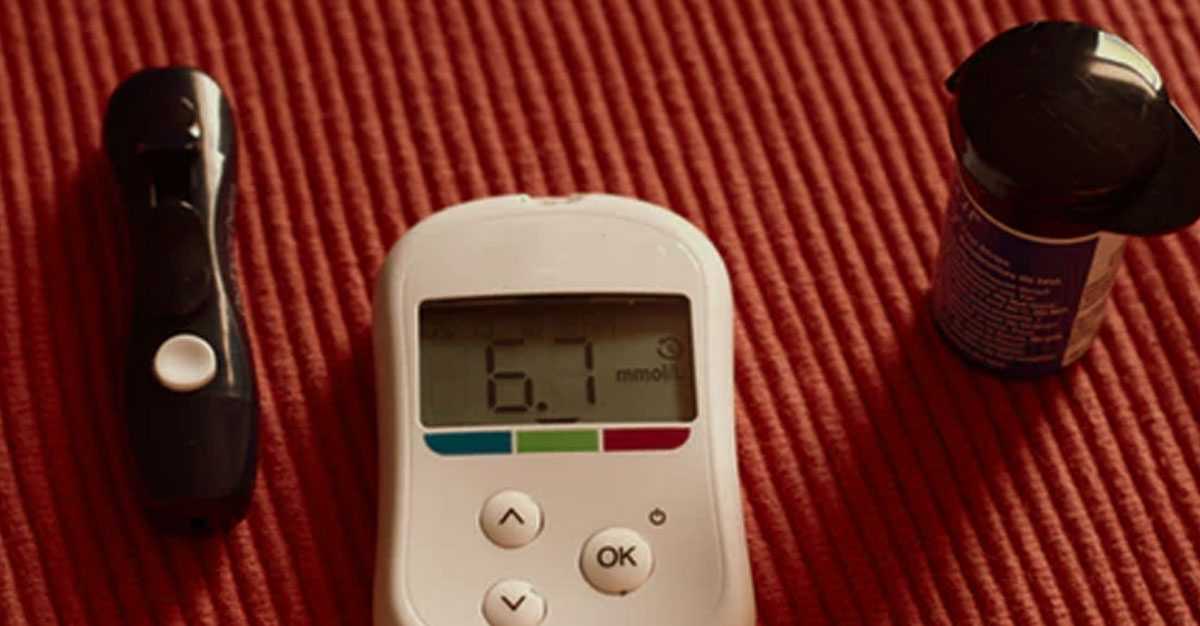Fasting may not be a part of your everyday routine, but rather it’s something that numerous individuals need to do at times. For example in Ramadan. If you have diabetes, fasting needs special planning. That is on the grounds that you would prefer not to risk bringing down your glucose level excessively, which can genuinely influence your wellbeing.
That is the reason health experts who care for people with diabetes often have fasting rules for patients. If you want to get in touch with these specialists visit Marham.pk and book an appointment or online consultation with the best endocrinologist in Karachi, Lahore or other main cities of Pakistan.
Here are a few guidelines to consider if you have diabetes and you intend to fast in the Holy month of Ramadan.
1. Plan With your Health Consultant before you Fast:
If you have well-controlled diabetes, there’s a less health risk from fasting and if you don’t use insulin or a class of diabetes medications. Regardless, planning with your health consultant can enable you to approach fasting objectively.


2. Keep On Checking your Blood Sugar while Fasting:
Regular checking diminishes the danger of both hypoglycemia and hyperglycemia (high blood sugar) and enables controlling glucose levels. Individuals who utilize a persistent glucose monitoring meter can check their blood sugar more often, prompting less possibility of wild numbers.
3. Follow any Insulin Or Prescription Regimen your Specialist Suggests for Fasting:
Some patients who use insulin figure they should quit utilizing it during a fast. That may apply for a few patients with Type 2 diabetes, however for Type 1, your life relies upon it, and you can’t stop using insulin.


4. Eat Solid and Healthy Meal at Suhoor:
The meal ought to have some starchy carbohydrates and high fiber that release energy slowly. Such as chapatti, pita bread, basmati rice, oat-based cereals, beans, pulses, lentils, fruits, and vegetables. If you want to have a particular diet plan you can find and consult with the best nutritionist in Lahore, or any other main city of Pakistan via Marham.pk and get yourself a customized diet plan for Ramadan.
5. Eat a Balanced Meal at Iftar:
Make sure it’s not simple carbs. A supper that combines protein, fiber, and solid starches can help keep your body and glucose in balance at any time, however particularly after fasting. You can eat fried items too but eat sensibly and do not overeat.
6. Drink Plenty of Water:
You must take special care to drink plenty of water during the non-fasting hours and at suhoor. So that you remain comfortably hydrated during fasting hours.
Ramadan diet should be simple and contain food from all the food groups. The simplicity of fasting is attractive but there are possible downsides if healthy eating and exercise are neglected. Ultimately your health is in your hand.





